When it comes to acquiring a vehicle, one of the most significant decisions potential car owners face is whether to lease or buy a car. Each option comes with its own set of advantages and disadvantages, impacting not only your budget but also your driving experience. This article aims to explore these financing options in detail, helping you understand the key differences between leasing and buying a car.
What are the Key Differences Between Leasing and Buying a Car?
Understanding the Lease vs Buy Concept
To make an informed decision, it is crucial to grasp the lease vs buy concept. Leasing a vehicle typically involves a lease agreement where you essentially rent the car for a specified lease term, usually ranging from two to four years. At the end of the lease, you have the option to return the car or purchase it at a predetermined price. On the contrary, buying a new car means financing the purchase through a car loan, leading to full ownership of the vehicle once the loan is repaid. Understanding these foundational differences will set the stage for a more comprehensive comparison of the two financing options.
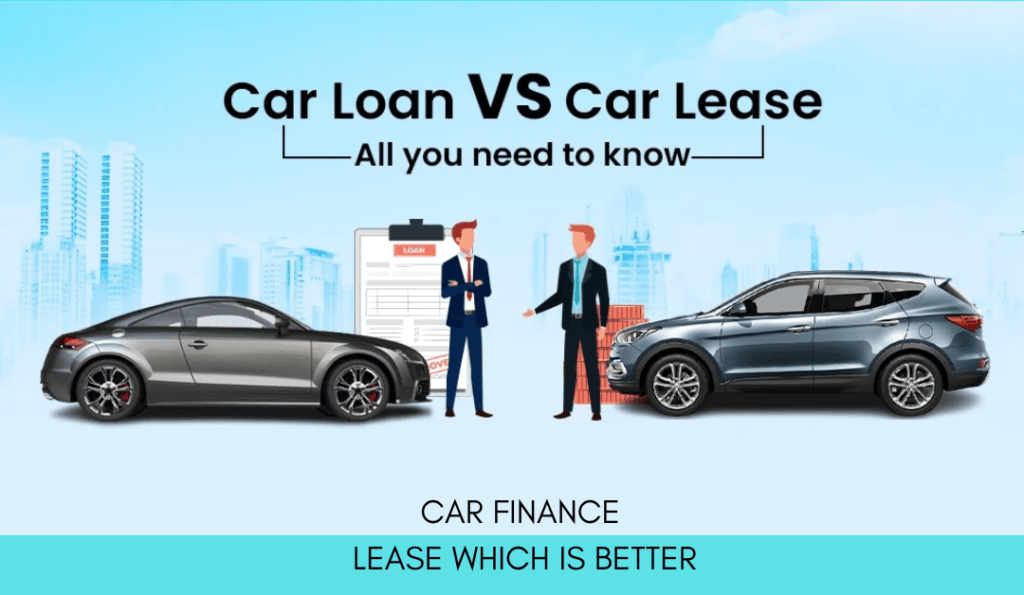
Monthly Payments: Lease Payment vs Car Loan
One of the most noticeable differences between leasing and buying a car is the structure of monthly payments. Generally, lease payments are significantly lower than car loan payments for the same model. This is because lease payments only cover the depreciation of the vehicle during the lease period, while a car loan payment includes the entire cost of the vehicle. Therefore, if you are looking for a less expensive new car and lower monthly payments, leasing may be the more attractive option. However, it’s essential to consider the long-term implications of each financing choice.
About Know You Click Here : Gap Insurance Not Pay
Lease Term and Ownership: What to Expect
The lease term is another critical aspect to consider when deciding whether to lease or buy a car. A typical lease period lasts between two to three years, after which you return the car to the dealership. In contrast, when you buy a car, you own it outright, allowing you to drive the car for as long as you desire without worrying about a lease expiration. This ownership means you can modify the vehicle and accumulate equity over time, which is not an option with a leased car. Thus, understanding what to expect at the end of the lease term or the full loan period can significantly influence your choice.
What are the Benefits of Leasing a New Vehicle?
Advantages of Leasing a Car
One of the primary advantages of leasing a car is the flexibility it offers. Leasing allows you to drive a new vehicle every few years without the hassle of selling a used car. This means you can enjoy the latest technology and safety features that come with new models. Additionally, leasing often includes warranty coverage for the duration of the lease, minimizing repair costs and providing peace of mind. If you prefer to drive a newer model without long-term commitment, leasing may be the preferable option.
How Leasing Could Save You Money
Leasing could potentially save you money in various ways. Since lease payments are generally lower than monthly car payments for a loan, your immediate financial burden is lessened. Furthermore, many leased vehicles come with included maintenance packages, meaning you might spend less on upkeep compared to owning a car. With the advantages of lower insurance costs and tax benefits associated with leasing, you could find that leasing a vehicle is less expensive in the short term compared to buying a new car outright.
Access to New Cars Every Few Years
For individuals who enjoy driving the latest models, leasing provides an appealing solution. The opportunity to lease a new vehicle every few years means you can keep up with the latest automotive innovations and trends. This aspect is particularly attractive to those who value modern features and safety advancements, as it allows you to experience the benefits of new technology without the long-term commitment that comes with purchasing a vehicle. In this sense, leasing may be the ideal choice for those who prioritize variety and innovation in their driving experience.
What are the Drawbacks of Leasing a Car?
Disadvantages of Leasing a Vehicle
Despite the advantages, there are notable disadvantages associated with leasing a vehicle. One significant drawback is that at the end of the lease term, you do not own the car, meaning you cannot sell it or trade it in for value. This lack of ownership can lead to frustration, especially for individuals who prefer building equity in their investments. Additionally, if you decide to end the lease early, penalties may apply, which can be quite costly.
Lease Payment Restrictions and Limitations
Leasing also comes with restrictions and limitations that can be bothersome to some drivers. Most lease agreements stipulate a cap on annual mileage, often around 10,000 to 15,000 miles. Exceeding this mileage can result in hefty fees at the end of the lease term. Furthermore, the lease payment structure may limit your ability to customize or modify the leased car, which can be a disadvantage for those who enjoy personalizing their vehicles.
The Impact of Mileage and Wear on Your Lease
The condition of the car at the end of the lease is another critical consideration. You will be responsible for any excessive wear and tear, which could result in additional charges when you return the car. Therefore, if you are someone who drives extensively or has children or pets that may cause wear, leasing may not be the best fit for your lifestyle. Understanding the potential impact of mileage and wear on your lease agreement is essential for making an informed decision.
How Do Financing Options Compare When Buying a New Car?
Understanding Car Loans and Interest Rates
When considering financing options for buying a new car, understanding car loans and interest rates is vital. Car loans typically come with a fixed or variable interest rate, which will directly affect your monthly payments. While financing a car may lead to higher monthly payments compared to leasing, the benefit lies in building equity. As you pay down the car loan, you own more of the vehicle, which can become an asset over time. Therefore, knowing how interest rates affect your financing decision is crucial for evaluating the overall cost of buying a car.
Benefits of Financing a Car
The benefits of financing a car extend beyond ownership. Once you finish paying off a car loan, you will own the vehicle outright, allowing you to drive it for as long as you wish without any further payments. Additionally, you have the freedom to customize your vehicle as you see fit, offering a level of personalization that leasing does not allow. Moreover, owning a car can be financially advantageous in the long run, as you will not face penalties for mileage or wear and tear, making financing a compelling option for many.
What to Consider When Choosing to Buy a Car
When deciding whether to buy a car, several factors should be taken into account. Consider your long-term driving needs, financial situation, and preferences for ownership. If you plan to keep the car for an extended period, buying may be more advantageous. Conversely, if you enjoy changing cars frequently and prefer the lower monthly payments associated with leasing, that might be the better route for you. Evaluating these aspects will help you determine what is best for your situation, whether it is leasing or buying a car.
Is Leasing or Buying a Car Better for Business Use?
Using a Leased Car for Business Purposes
For business owners, the decision to lease or buy a car can be influenced by different factors than for personal use. A leased car can be an excellent option for business purposes, as it allows for lower monthly payments and the ability to drive a new vehicle that reflects your business image. Additionally, leasing can provide the flexibility to change vehicles every few years, ensuring that you always have a reliable and professional-looking car for business dealings.
Tax Benefits of Leasing vs Buying a Car
Tax benefits also play a significant role in the leasing vs buying debate for businesses. Lease payments can often be deducted as a business expense, providing immediate financial relief. In contrast, when you buy a car, you may only be able to deduct depreciation, which can be less advantageous. Understanding the tax implications of both options can greatly influence the decision for business owners, making it essential to consult with a tax professional to determine the best course of action.
Choosing Between Buying and Leasing a Car for Business
Ultimately, choosing between buying and leasing a car for business use depends on your specific needs and financial situation. If your business requires a fleet of vehicles that you plan to upgrade regularly, leasing may offer the best financial flexibility. However, if you need a reliable car for the long term, buying a vehicle may be a more prudent choice. Weighing the benefits and drawbacks of each option can help ensure that you make a sound decision that aligns with your business goals.
Should I buy or lease a car?
It really depends on your personal situation! If you like having a new car every few years and want lower monthly payments, leasing might be the way to go. But if you prefer ownership and plan to keep the car for a long time, buying could be better.
What are the benefits of leasing a car?
There are a few perks to leasing! You typically have lower monthly payments, you can drive a new car more often, and maintenance costs might be lower since lease contracts often cover it during the lease term.
Can I use my car for business if I lease it?
Yes, you can use your car for business purposes while leasing! Just keep in mind that you might need to track your mileage and expenses, and there could be some tax implications depending on how you use your car.
What’s the difference between buying and leasing?
The main difference is ownership. When you buy a car, it’s yours to keep as long as you want. Leasing, on the other hand, is like renting; you return the car at the end of the lease and usually have to stay within mileage limits.
What happens when my lease expires?
When your lease expires, you typically must return the car to the dealer. You may have options to buy the car or lease a new one, but you’ll need to check the terms of your lease contract for specifics!
Can I buy the car at the end of my lease?
Absolutely! Most lease agreements offer you the option to buy the car at the end of your lease. It’s often at a predetermined price, so make sure to check that before signing your lease.
Are there benefits of buying a vehicle instead of leasing?
Definitely! When you buy a vehicle, it’s yours outright, and you can modify it as you wish. Plus, there are no mileage restrictions, and once you pay it off, you have no more monthly payments!
Is it cheaper to finance or lease a car?
Leasing usually has lower monthly payments compared to financing a car with a loan. However, if you plan to keep the car for a while, financing might save you money in the long run since you’ll own the car outright eventually.
Should I shop for a car before deciding to buy or lease?
Totally! Shopping for a car will give you a better sense of what’s available and help you compare deals. Whether you decide to buy or lease a car, having a good idea of what you want and what fits your budget will make a big difference!
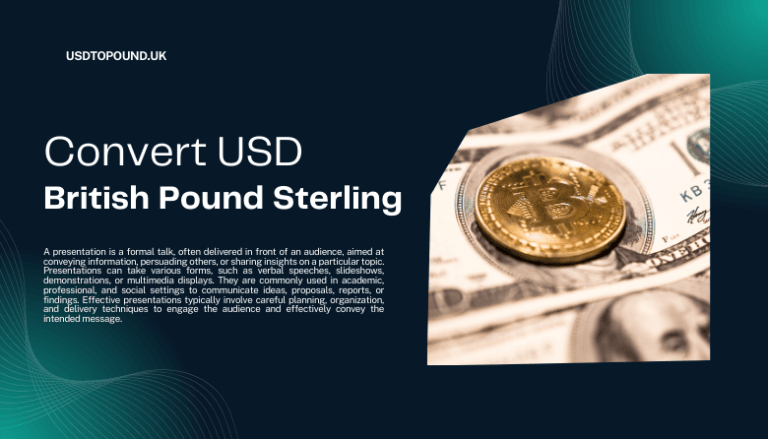
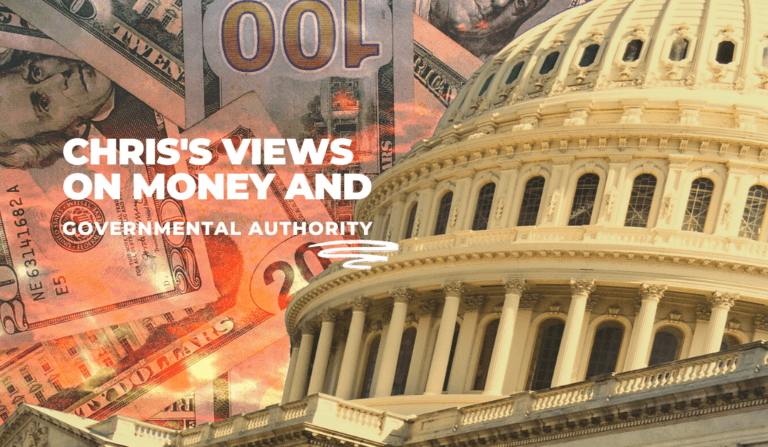
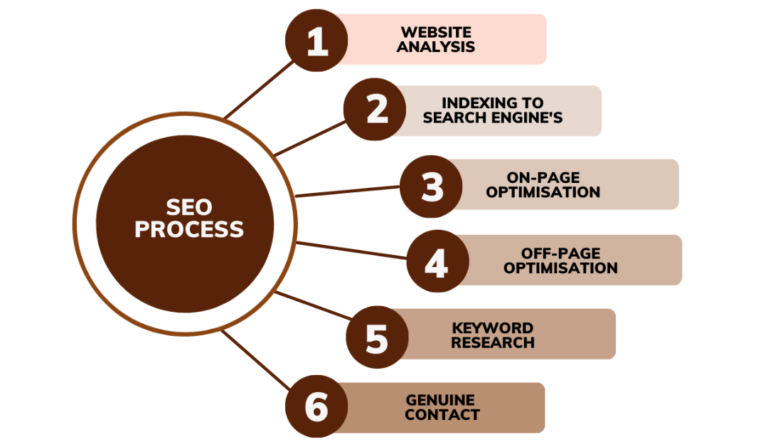
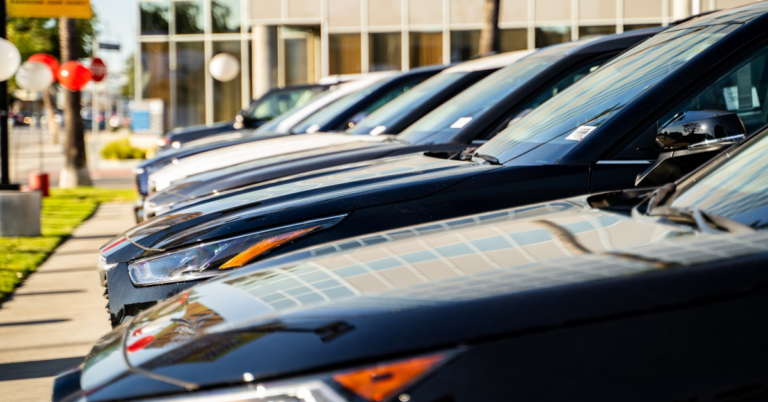

Leave a Comment